Relationship Patterns Are Dismantled, Not Broken—How to Rewrite Your Story
You know better but can’t seem to DO better?
You’ve been meditating, going to therapy, exercising, and focusing on personal growth (whatever your methods, it doesn’t matter). Through this inquiry, you’ve had a breakthrough. You’ve excavated a subconscious belief and brought it to the surface — now you understand why you’ve been doing the things you’ve been doing!
In other words, you’ve identified a subconscious belief that has been informing your actions. For example, you fear abandonment and rejection so deeply that you front load rejection and abandonment by attaching to people who are not available to you — those who are in relationships, emotionally unavailable, don’t reciprocate, live far away, and so on.
In the wise words of Taylor Swift: “Hi, it’s me. I’m the problem; it’s me.”
When I recognized that I was accepting emotionally unavailable people into my life because I was, in fact, emotionally unavailable, it felt like a breakthrough. When I understood that my fear of abandonment was manifesting a life of solitude, I felt lighter.
Realizing that you’ve been in your own way the whole time can feel empowering. But realizations are just the beginning. If you want to experience any kind of change or transformation, that empowerment must lead to action and adjustment. The next step is to identify the patterns and behaviors.
The reality is, there’s often a gap between knowing where we’re going wrong and our ability to actualize new, healthier patterns of behavior.
This is because patterns don’t get broken all at once. Participation in life and relationships is complex. In The Untethered Soul, Michael Singer uses the metaphor of a thorn to represent emotional pain or trauma. Instead of removing the thorn, a person may design their entire life around avoiding it.
Here’s how it goes: Imagine you have a thorn stuck in your body. Every time something brushes against it, you feel acute pain. To avoid this pain, instead of removing the thorn, you adjust your life to ensure nothing ever touches it. You create strategies, behaviors, and even relationships that minimize the chance of triggering that pain.
So, if you have unconsciously designed entire systems around avoiding the pain, it stands to reason that these things will not simply dissipate once you realize what you’re doing. “Breaking a pattern” gives the energy of ceasing destructive, toxic, or just unhelpful behavior. It’s not realistic to expect yourself to just be different. You have to dismantle these things — probably one at a time and certainly over time. And the heavy lifting is reprogramming the belief from which the behavior comes.
What I’ve observed is this: once I’ve been able to see a system in place, at the very least, I can tie specific behaviors and patterns to it. If I can slow myself down and move a little more consciously, I can usually interrupt one behavior at a time.
Transparently, this is something I am working through in real time. So, I am sorry to my reader because I can’t tell you how to do this at the moment. I can, however, encourage you that the gap between knowing better and doing better is natural — and you’re normal.

